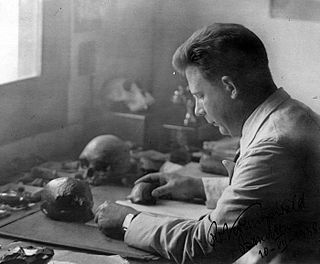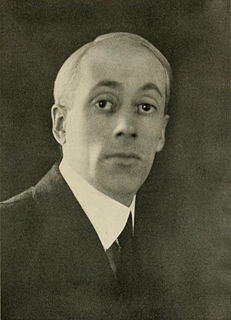A Quote by Michel de Montaigne
Related Quotes
The marriage institution cannot exist among slaves, and one sixth of the population of democratic America is denied it's privileges by the law of the land. What is to be thought of a nation boasting of its liberty, boasting of it's humanity, boasting of its Christianity, boasting of its love of justice and purity, and yet having within its own borders three millions of persons denied by law the right of marriage?
The goal of mankind is knowledge ... Now this knowledge is inherent in man. No knowledge comes from outside: it is all inside. What we say a man 'knows', should, in strict psychological language, be what he 'discovers' or 'unveils'; what man 'learns' is really what he discovers by taking the cover off his own soul, which is a mine of infinite knowledge.
When a man sought knowledge, it would not be long before it could be seen in his humbleness, his sight, upon his tongue and his hands, in his prayer, in his speech and in his disinterest (zuhd) in worldly allurements. And a man would acquire a portion of knowledge and put it into practice, and it would be better for him than the world and all it contains - if he owned it he would give it in exchange for the hereafter.
It is natural that a man should consider the work of his hands or his brain to be useful and important. Therefore nobody will object to an ardent experimentalist boasting of his measurements and rather looking down on the 'paper and ink' physics of his theoretical friend, who on his part is proud of his lofty ideas and despises the dirty fingers of the other.
Experiment and Theory in Physics
WISDOM IS dependent upon knowledge. Where there is complete ignorance there can be no wisdom, no knowledge of the right thing to do. Man’s knowledge is comparatively limited and so his wisdom must be small, unless he can connect his mind with a knowledge greater than his own and draw from it, by inspiration, the wisdom that his own limitations deny him. Only God knows all truth; therefore only God can have Real wisdom or know the right thing to do at all times, and man can receive wisdom from God. Wisdom is obtained by reading the mind of God.
In the popular arena, one can tell ... that the average man ... imagines that an industrious acquisition of particulars will render him a man of knowledge. With what pathetic trust does he recite his facts! He has been told that knowledge is power, and knowledge consists of a great many small things.
Man did not address his inquiries to the earth on which he stood until a remarkably late stage in the development of his desire for knowledge. And the answers he received to the questions, "Where do I come from?", "What is man?", although they made him poorer by a few illusions, gave him in compensation a knowledge of his past that is vaster than he could ever have dreamed. For it emerged that the history of life was his history too.
Man's knowledge of science has clearly outstripped his knowledge of man. Our only hope of making the atom servant rather than master lies in education, in a broad liberal education where each student within his capacity can free himself from trammels of dogmatic prejudice and apply his educational accoutrement to besetting social and human problems.







































